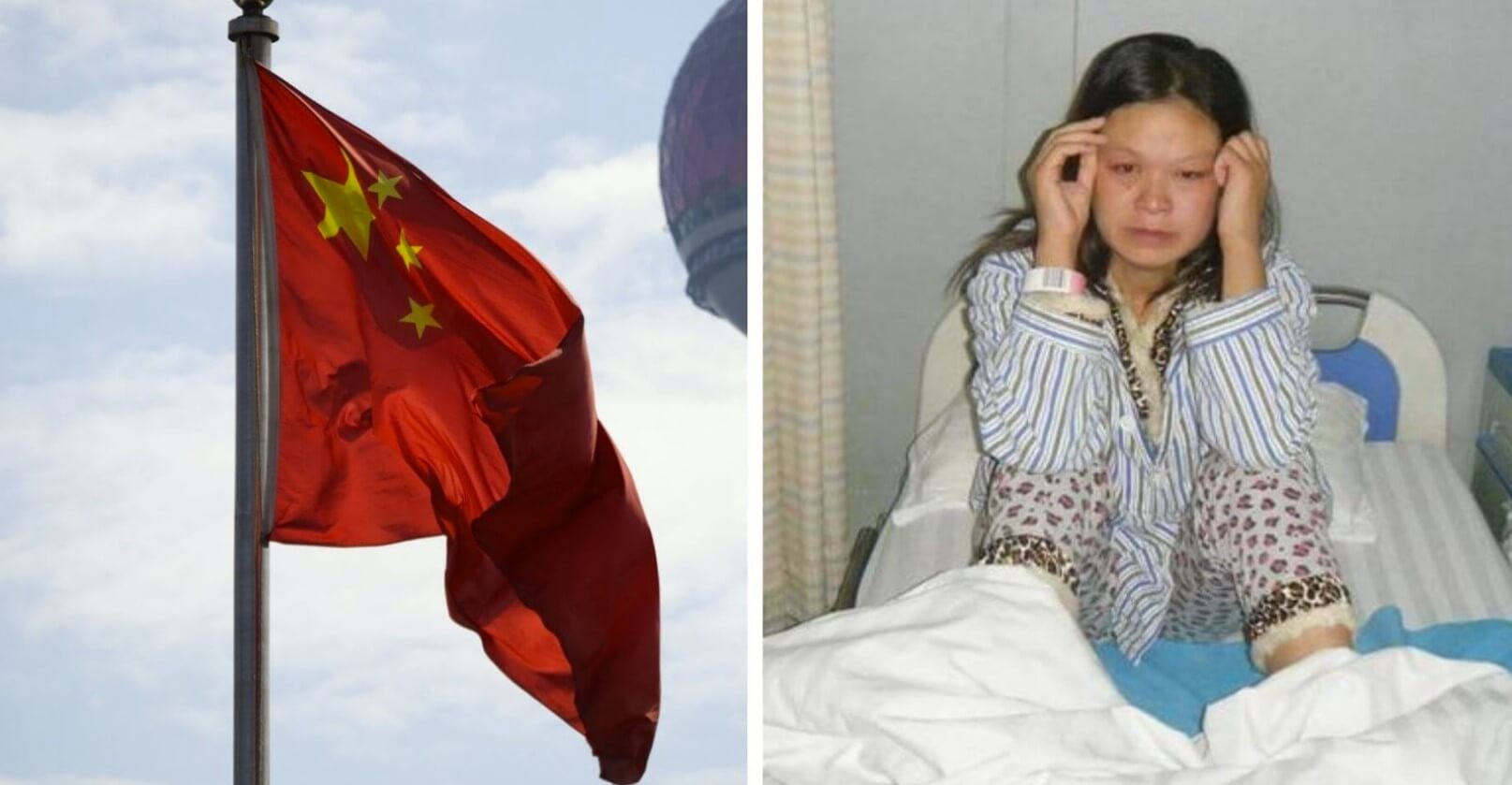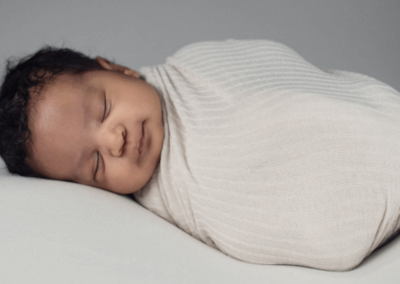Reports published by “The Lancet”, the world’s oldest and best-known peer-reviewed medical journal, has praised China’s ‘one-child’ policy and ignored decades of forced abortion, sterilisation, and coercive family planning.
One paper, titled “A Lancet Commission on 70 years of women’s reproductive, maternal, newborn, child, and adolescent health in China”, describes the country’s achievements and discusses policy and socioeconomic transitions, and their impact on epidemiological and demographic transitions.
Many of the papers’ contributors are listed as affiliated with Chinese universities, where academic freedoms are severely restricted. The main author of one article, Elizabeth Mason, is the former director of the World Health Organisation’s (WHO) Department of Maternal, Newborn, Child, and Adolescent Health. The WHO has come under increasing criticism over the past year for their close links with the Chinese regime.
‘Remarkable achievements’
The report uncritically praises at length the ‘remarkable achievements’ of the Chinese government’s policy on reproductive health and socioeconomic outcomes, without acknowledging their horrific impact on human dignity and liberties.
A further report from the same journal states: “China continuously updated laws and policies to protect women’s and children’s health and rights, with initial achievements preceding intensified economic development after 1990”.
“With a top-to-bottom, [Women’s reproductive, maternal, newborn, child, and adolescent health (RMNCAH)] system, China’s centralised government allows systematic implementation of RMNCAH policies, which is crucial to track progress and for accountability in achieving RMNCAH milestones and targets”.
It additionally notes that “these achievements were particularly impressive”, given the vast size and diversity of the country, acknowledging that the World Health Organization (WHO) “rated China as one of the top 10 so-called fast-track countries in women’s and children’s health”.
It also went on to praise how over the past seven decades, “the political will to focus on RMNCAH has been key to the progress in this area”.
It claimed: “Since the foundation of the People’s Republic of China in 1949, the government’s iconic declarations of ‘Women hold up half the sky’ and ‘Children are the future and hope of the motherland’ have not been empty rhetoric but instead have been supported by strong political commitment and a series of laws and actions prioritising women’s and children’s rights”.
“Objectively accelerated gender equality”
It even lists the ‘benefits’ of the one-child policy enacted by the CCP in 1980, claiming: “Because of fewer pregnancies and births, there was lower maternal morbidity and lower mortality”. It goes on to assert that, “This policy objectively accelerated gender equality because of the large number of single daughters who benefited from all household resources”.
While the report acknowledges that China’s one-child policy prompted the “overuse” of abortion, including sex-selective abortion, “even though it is illegal”, it avoided acknowledging the full reality. Despite the word ‘abortion’ appearing 33 times across both papers, there is zero mention of the well-documented policy of forced abortion across China under the one-child policy, a practice that continues to a lesser extent today, especially in regards to ethic and religious minorities such as the Uyghur Muslim communities in the Northwest region of Xinjiang.
It asserts “women benefited from a smaller number of pregnancies and births, which reduced morbidity and mortality; and family resources were concentrated in fewer children, promoting their healthy growth and development, which especially benefited girls”.
The only adverse effects of the policy acknowledged in the report are “the decrease in births, which led to a reduction in the labour force that is necessary for sustained economic growth”, “a large number of sex-selective abortions, resulting in an excess of male neonates and an unbalanced sex ratio” along with “the so-called 4:2:1 phenomenon, in which many couples were solely responsible for the care of one child and four older adults”.
It declares, “Any successes in RMNCAH are attributable to efforts both within and outside health systems. The most notable contributors in China are strong political will”.
Crimes against humanity
Spokesperson for Right To Life UK, Catherine Robinson, said: “It is an utter disgrace that a leading medical journal could claim that the one-child policy ‘objectively accelerated gender equality’, despite it having resulted in widespread forced abortions and sterilisation of women, not to mention the mass infanticide and abandonment of female babies – a process which was not just utterly traumatic for those involved, but a process that is having a disastrous effect on China’s demographic future”.
“Given the failure of the report to mention these details, it is equally disgraceful and yet unsurprising that they felt it fit to omit the fact that the Chinese regime is brutally systemically slashing Uyghur birth rates via sterilisations, forced abortions and intrauterine devices, and fining and detaining people who exceed the permitted number of children”.












